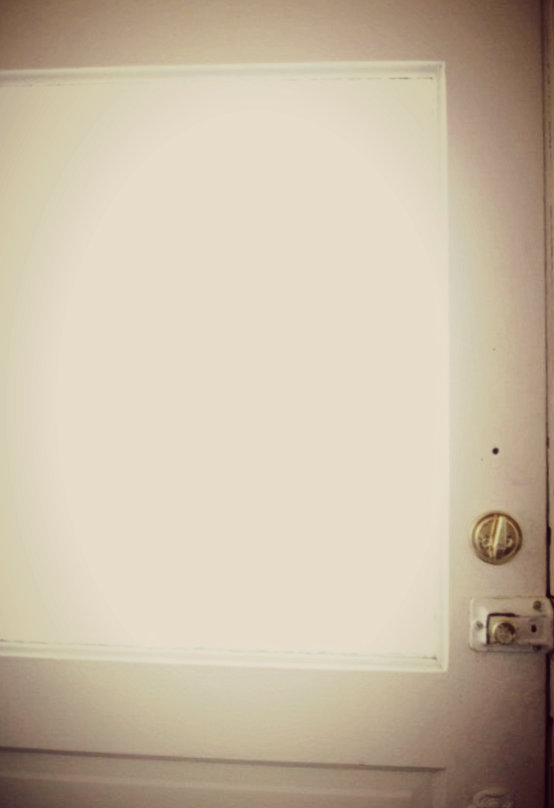
How many people secretly believe their lives are weirder and worse than most?
I’m definitely raising my hand.
Even when my experiences are highly fulfilling, I tend to wonder whether others are having an easier time with the same challenges, or whether their experiences are more “authentic” or “healthy.” This has been a source of deep feelings of isolation and shame for me.
At some point, I started believing that everyone else is probably wondering these things, too, but still I notice that even those I’m close with shy away from expressing doubt or darker emotions about certain parts of their story. I understand why we all do this—not everyone deserves to hear our truth. But at the same time, when we deny those dark parts of our mutual existence, we inadvertently betray each other.
In my assessment, secrecy perpetuates messages which sound like this:
Our “good” experiences (such as being in love, having a nice family or a good job) should feel blissful most of the time. Any difficulties should be short, simple and resolved quickly; if they’re not, something is probably wrong and we should re-evaluate the experience. We can’t be in love and be unhappy. We can’t have a rewarding career and feel burdened by it. We can’t, at times, hate our children.
But the fact is this: for humans, there is no joy without sorrow and no hope without fear. Even the best experiences and relationships are messy, marred with doubt and dysfunctional.
We are constantly conveying and receiving messages and we exchange the majority of them unconsciously. These messages are deeply important because each of us is using information we get from others to answer questions we all ask, like:
Am I normal?
Am I flawed?
Am I alone?
Maybe we don’t express our darkness because we don’t all take the time to get to know it. We all know, on some level, how tender we are. This is why we feel so compelled to keep ourselves safe. This is why we blame each other.
Anger isn’t a primary emotion, but rather a response which defends something we believe won’t be understood. It isn’t that anger is bad—we all have good reason to be angry, because we all have precious goods to protect. It’s just that what we really want (and I believe this) is to be heard, not to be right. What we really want is to be met with understanding—and how can we understand each other when we hide so much of what makes up our experience?
If we have to, we start with anger. We let our anger be known. Then maybe we take off more armor.
Sociologists and psychologists are still learning about common forms of armor and the list is already pretty extensive. In fact, I suspect that in my past, much of what I believed to be my personality traits were actually armoring techniques.
Just like anger, armor itself is not a problem; but when left unexamined, our armor grows our shame. Not only do we hurt ourselves this way, but we also miss out on the opportunity to provide others with the relief of realizing they’re not the only one who experiences, say, paranoia every time someone does something nice for them. And on top of it all, when we put on a show, we are saying to others that they, too, need to hide their mixed feelings and their darkness.
So, let’s ask ourselves:
Who am I beneath my armor?
What would I say if I truly believed I would be heard?
~
Love elephant and want to go steady?
Sign up for our (curated) daily and weekly newsletters!
Apprentice Editor: Lauren Savory / Editor: Rachel Nussbaum
Photo: Courtesy of the author






Read 0 comments and reply